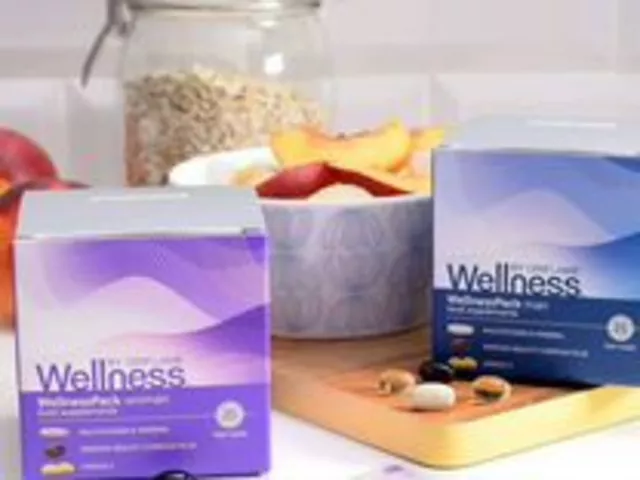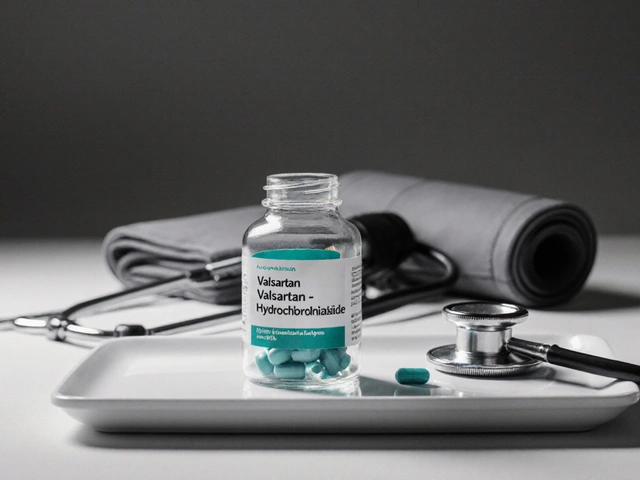Heartburn Treatments That Actually Work
If you’ve ever felt a burning sensation after a big meal, you know how annoying heartburn can be. The good news is there are plenty of ways to calm that fire without spending hours searching the web. Below you’ll find quick fixes, reliable medicines, and simple habits that stop the pain before it starts.
Over‑the‑Counter Options You Can Trust
The fastest relief usually comes from antacids like Tums, Maalox or Rolaids. They neutralize stomach acid within minutes, so you can eat again without fear. If you need something that lasts longer, try H2 blockers such as ranitidine or famotidine; they reduce acid production for up to 12 hours. For chronic sufferers, a daily proton‑pump inhibitor (PPI) like omeprazole or lansoprazole is often the best choice because it blocks most of the acid your stomach makes.
Natural and Lifestyle Tweaks
Medicines help, but everyday habits can cut heartburn in half. Eating smaller portions, avoiding late‑night snacks, and staying upright for at least an hour after meals are simple moves that make a big difference. Swap trigger foods—spicy dishes, citrus, chocolate, coffee—for gentler options like oatmeal, bananas or ginger tea. A glass of water with a pinch of baking soda can also neutralize acid in a pinch.
Weight matters too. Extra belly fat pushes the stomach upward, making it easier for acid to splash back into the throat. Losing even a few pounds often eases symptoms dramatically. If you smoke, quit; nicotine relaxes the lower esophageal sphincter, the valve that keeps acid down.
When heartburn strikes at night, raise the head of your bed by 6‑8 inches. Gravity does most of the work, keeping acid where it belongs. A wedge pillow works as a quick fix if you can’t adjust the mattress.
If over‑the‑counter meds and lifestyle changes aren’t enough, talk to a pharmacist or doctor about prescription options. Sometimes a stronger PPI dose or a combination therapy is needed for severe reflux disease.
Remember, persistent heartburn isn’t just uncomfortable—it can damage the esophagus over time. Keep track of what foods, drinks, and situations trigger your symptoms so you can avoid them in the future. A short symptom diary helps your healthcare provider suggest the right treatment faster.
Bottom line: combine fast‑acting antacids for immediate relief with longer‑term strategies like H2 blockers or PPIs, plus simple lifestyle tweaks. You’ll likely see a drop in episodes within days and fewer flare‑ups over weeks.
9 Alternatives to Ranitidine in 2025
Ranitidine was once a go-to for heartburn relief, but now there are many other options. From fast-acting antacids to prescription medications, this article explores nine alternatives for those seeking relief from acid-related issues. Each option comes with its own set of pros and cons to help you find the best fit for your needs. With clear comparisons and practical insights, you'll discover which remedy might work best for you.
About
Medications
Latest Posts


Valsartan-Hydrochlorothiazide and Potassium: What You Need to Know
By Orion Kingsworth Oct 15, 2025

Exercise for Weight Loss: Cardio vs. Strength Training - What Actually Works
By Orion Kingsworth Dec 2, 2025

How to Read Children’s Medicine Labels by Age and Weight
By Orion Kingsworth Feb 3, 2026

